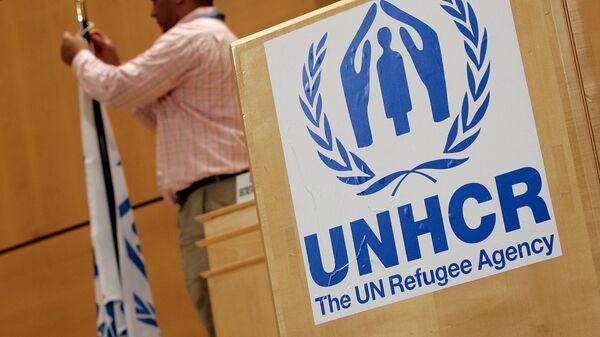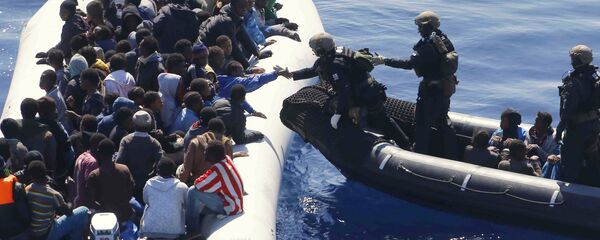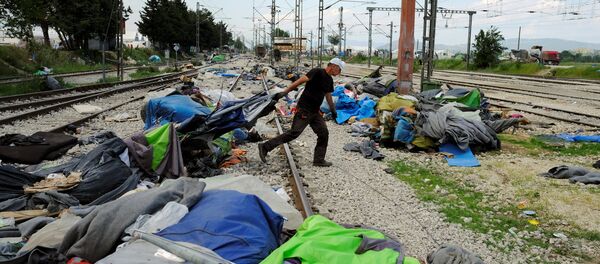"UNHCR and humanitarian partners have redefined their engagement from a response primarily targeting people on the move, to focusing on a static population in Greece and on protection activities in countries in the Western Balkans. The financial requirements to implement the plan have been adjusted to reflect the change in circumstances," Spindler said in a statement published on the UNHCR website.
"Unmet needs remain significant, as living conditions in the sites in Greece, both on the islands and the mainland, have deteriorated as a result of congestion and the rapid nature in which sites were established on the mainland. The affected population includes many people with specific needs, such as unaccompanied or separated children, single women, pregnant or lactating women, the elderly, people with disabilities, as well as the sick and injured," Spindler said.
Since the beginning of 2016, over 147,000 migrants have arrived in Greece out of a total of some 160,000 arrivals to Europe via the Mediterranean, according to the International Organization for Migration.
Macedonia closed its border with Greece to incoming migrants in February after other countries along the Balkan route had closed their borders, including Serbia, Hungary, Croatia, Slovenia and Austria. The border closures have resulted in thousands of refugees being stranded in Greece, particularly along the border with Macedonia.




